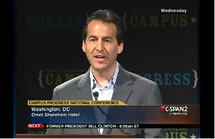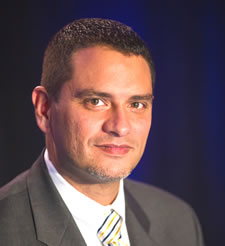ED rulemaking includes input on controversial ‘gainful employment’ rules
The U.S. Department of Education (ED) will kick off a new round of public hearings on the oft-discussed “gainful employment” regulations, which the for-profit college industry has successfully…






